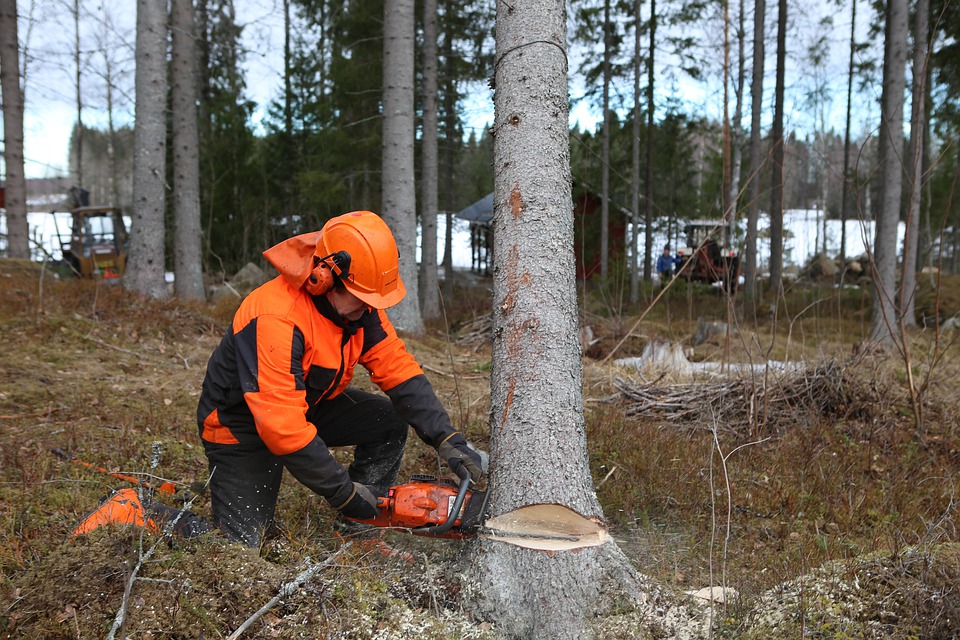
Are you tired of your current job and passionate about wood? We all know that the exploitation of wood under all skies is subject to stringent regulations. The context of environmental degradation constraints all states. Thus, becoming a logging company is not an easy task. Find out in this article all the elements you need to become a logger.
The Job of a Logger
The logger is a company manager who buys wood. He organizes the work of cutting, felling, transport, marketing, and storage. Visit EURL BFCV to learn more about the profession of forestry manager. Being an entrepreneur, he is in charge of a team that he manages.
He must master the wood sector. This knowledge will allow him to determine which plant species should be cut and which should not. To do so, he must have certain skills and a certain training recognized by the State.
The Skills to Have
It is not enough to love wood to become a logger. Thus, certain qualities and skills are required.
- Perfect Mastery of Wood and Forestry;
- A good command of essential management and accounting;
- Have a sense of leadership;
- Ability to organize a team around the work;
- Perfect knowledge and mastery of the standards governing the felling operation.
- Recommended training
Several training courses are open depending on the level to become a logging operator. Here are some of them:
- Professional BAC
- Professional BAC Management and Conduct of forestry sites.
- Professional diplomas
- Brevet professionnel Travaux de Forestier ;
- Brevet Professionnel, Farm Manager;
- Bpa skidding ;
- Bpa Sylviculture ;
- BP Travaux Forestier Level 4 ;
- Bpa logging ;
- Cs Pruning and Care To Trees Pruning.
What Is the Forestry Operator’s Sector of Activity?
The delivery of wood is the main activity of the forestry operator; he is registered in the commercial sector. The logger is then registered at the Chamber of Commerce and Industry. He is recognized as a trader, as it is the case for any individual intervening in the commercial sector.
It must be said that the forestry manager is an entrepreneur who acts on his own behalf. He must indeed declare his activity and be recognized by the tax authorities. The latter has obligations towards the tax authorities. He pays taxes as well as duties. It is helpful to remember that any income-generating activity is necessarily subject to a tax system.
What Is the Role of the Forest Manager?
It is necessary to remember that the forest manager is a forestry professional. He calculates and buys wood to market it. To this end, his role is to maintain the forest and, therefore, to think about reforestation after falling trees.
He mobilizes the resources, supplies the raw material, and ensures the transformation. His expertise is based on a certain amount of know-how. The forestry manager must also pay attention to biodiversity. His know-how is based on, among other things
- Adaptation to the progression of the resource (large wood, steep slope);
- Autonomy and independence;
- The technique of cutting wood (knowledge of its territory, its environment, its geography, its landscape, etc.) and the assumption of responsibility;
- The perfect knowledge of silviculture through its advice in silvicultural management;
- The effective and efficient management of raw material;
- Customer service;
- The transmission of knowledge;
It must be said that the word forestry operator refers mainly to private owners who wish to sell their wood.
In conclusion, the forestry manager is not only a wood enthusiast but also a forestry professional. Thus, to become a logger, it is essential to meet the conditions listed above because the only passion for wood and its exploitation is not enough.
